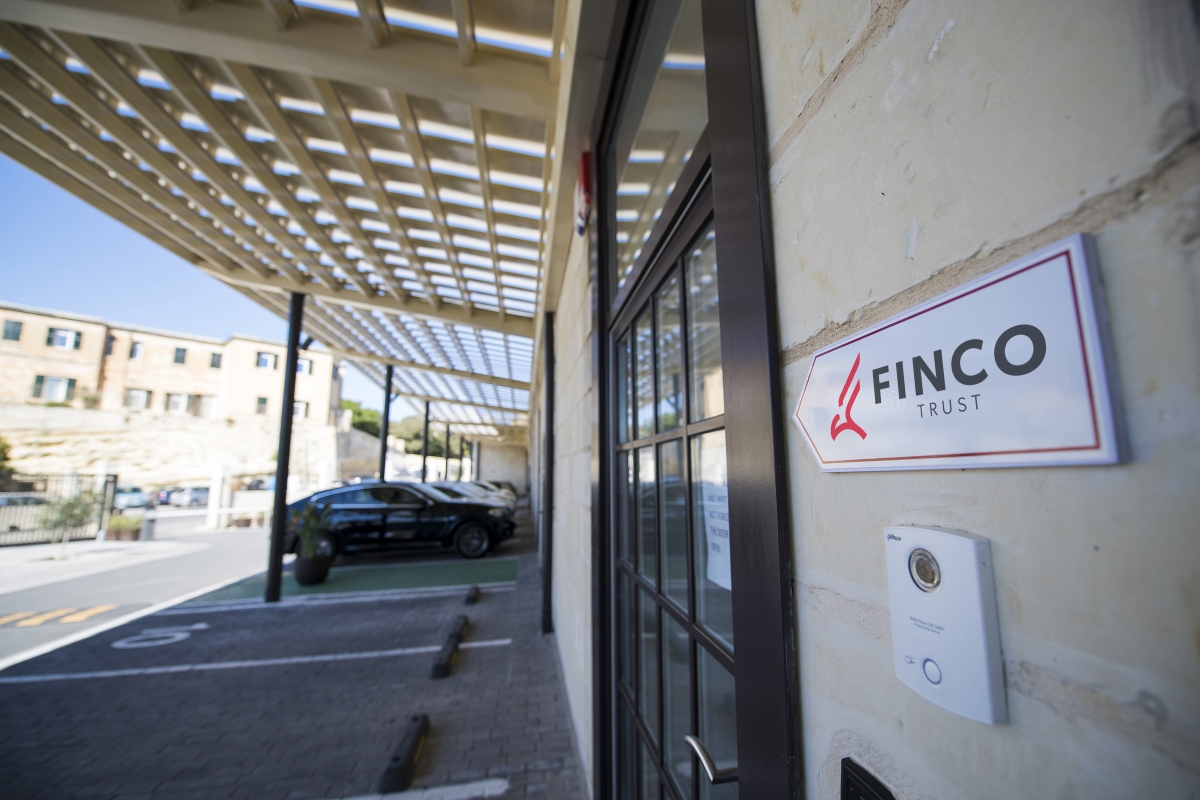Amidst a workforce and skills shortage, local businesses are increasingly concerned with rising wages, which are not being backed by higher levels of productivity, creating the risk of a wage-price spiral.
This newsroom followed-up with the director general of the Malta Employer’s Association (MEA) Joe Farrugia, to gain a better understanding of what a wage-price spiral would look like in Malta, and how worker productivity is measured.
“The wage-price spiral could be a result of the general price level going up because of rising labour costs which producers attempt to transfer on their clients – both business and consumer,” explained Mr Farrugia.
“Initially the inflationary spike was largely due to the price of imported products and raw material, but rising wages – partly due to the COLA mechanism and labour shortages – risk generating a second round of inflation.”
Malta’s rate of inflation peaked at 7.4 per cent in October 2022. At the time the country fared better than most other EU countries and was well below the euro area average of 10.6 per cent registered that same month.
Since then, the monetary union’s rate of inflation was cut down to 5.5 per cent in June 2023, while in Malta it only trimmed down only to 6.2 per cent, largely due to unwavering elevated food prices.
He added that the second round of inflation can occur due to the increase in labour costs not matched by productivity.
When asked how productivity was calculated, he explained that in simple terms, it is the value of output per person.
“This will be dependent on actual physical output, the value of that output and the state of technology and work organisation,” added Mr Farrugia.

“For example, in some cases, employees may work fewer hours, but their productivity still increases because of investment in training or equipment. In such cases, the company may be in a better position to afford higher salaries even though the physical effort is reduced.”
“When there is pressure on wages resulting from automatic indexation due to inflation, or due to labour market shortages, companies find themselves in situations where they either absorb the costs themselves and face lower profitability, or else, depending on price elasticity, transfer the added costs partially or wholly on to their clients,” cautioned Mr Farrugia.
Due to the work force and skills shortage, the MEA had shared findings from a survey they conducted which found that in order to attract workers, employers have been offering both increased renumeration and flexible work arrangements.
Currently, the pool of workers available on the country is an all-time low, with only 875 people in Malta officially looking for work as of June. This has created both a dependence on welcoming foreign workers to fill the gaps, but also elevated the risks of poaching between companies.
Since productivity is roughly the measure of the value of output per person, BusinessNow.mt asked whether higher prices can in any way be registered as an increase in productivity due to the same product being sold at a higher value.
Mr Farrugia explained that this can only be the case if the price increase is the result of market forces and not increased costs.
“If prices increase due to cost-push factors, such as wage increases or other costs of production, one cannot say that productivity has increased accordingly,” said Mr Farrugia.
“So, if a hotel is selling at a room at a higher rate because of increased demand with costs being constant, one can argue that productivity per employee would have increased. But if the increase in room rates results from an attempt to compensate for increased costs of operation, then productivity might actually be lower even though the value of the output might have gone up.”
“This is especially the case when sales decline as a result of such price increases.”
db Group reports turnover of almost €100 million and record profit as it opens bond issue to public investors
This coincides with the launch of a €60 million bond programme to support the Group’s continued expansion
Celebrating success: stories from the team behind Finco Trust
The stories of Lee-Anne Abela, Kris Vella, and Maria Mamo reflect the values that continue to guide the firm forward
Malta’s public debt ‘very much in line’ with Eurozone rules – BOV Chair
The chairperson of Malta’s largest bank shrugged off the doubling in Maltese Government debt since 2019






